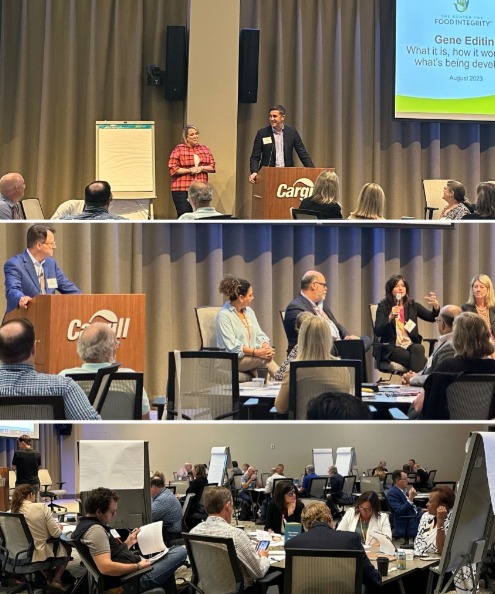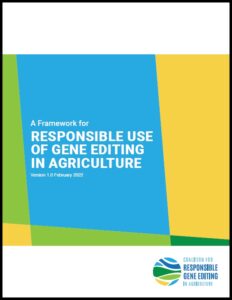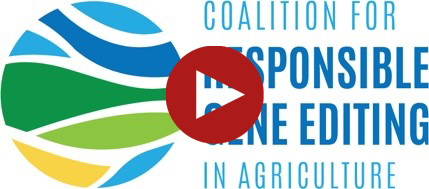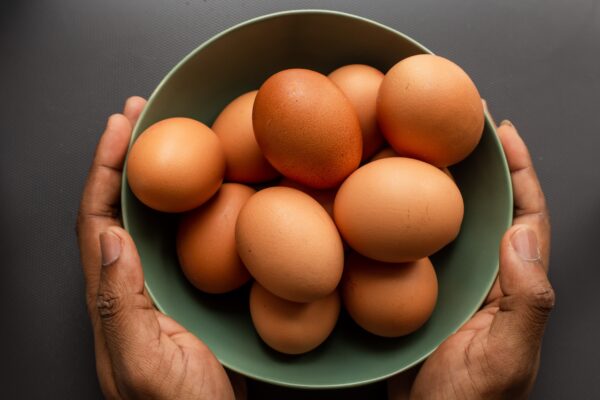The Coalition for Sustainable Egg Supply brought to the table leading animal welfare scientists, university researchers, non-governmental organizations, egg suppliers, and restaurant/foodservice and food retail companies to study and evaluate laying-hen housing systems.
The group commissioned a comprehensive research project to evaluate three types of housing – conventional cage, enriched colony and cage-free.
This comprehensive approach looked at impacts on food safety, environment, hen health and well-being, worker health and safety, and food affordability – providing those in the food system with science-based information to make informed choices when it comes to production and purchasing decisions.
The research found there are positive and negative impacts and trade-offs associated with each of the three hen housing systems relative to each of the five sustainability areas. Depending on the goals of a food system stakeholder, the trade-offs may be weighed differently.
As a result of the Coalition’s work, the food system and consumers have access to science-based information to guide production and purchasing decisions based on sustainability.
Download the results of the study.



 The Coalition has developed Framework for Responsible Use in Agriculture to increase transparency and stakeholder engagement to build trust in the products derived through gene editing and those using them. The Framework was developed by representatives from food companies, academic institutions, farmer organizations, non-governmental organizations, gene-editing technology developers and related associations, including the following organizations.
The Coalition has developed Framework for Responsible Use in Agriculture to increase transparency and stakeholder engagement to build trust in the products derived through gene editing and those using them. The Framework was developed by representatives from food companies, academic institutions, farmer organizations, non-governmental organizations, gene-editing technology developers and related associations, including the following organizations.
